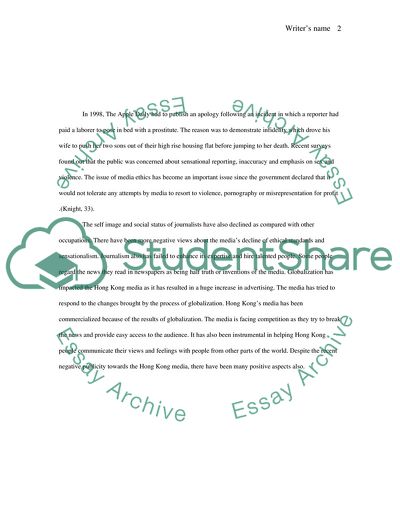Cite this document
(Media in Hong Kong and Global News Representation Term Paper, n.d.)
Media in Hong Kong and Global News Representation Term Paper. Retrieved from https://studentshare.org/media/1713507-media-in-hong-kong-and-global-news-representation
Media in Hong Kong and Global News Representation Term Paper. Retrieved from https://studentshare.org/media/1713507-media-in-hong-kong-and-global-news-representation
(Media in Hong Kong and Global News Representation Term Paper)
Media in Hong Kong and Global News Representation Term Paper. https://studentshare.org/media/1713507-media-in-hong-kong-and-global-news-representation.
Media in Hong Kong and Global News Representation Term Paper. https://studentshare.org/media/1713507-media-in-hong-kong-and-global-news-representation.
“Media in Hong Kong and Global News Representation Term Paper”, n.d. https://studentshare.org/media/1713507-media-in-hong-kong-and-global-news-representation.


